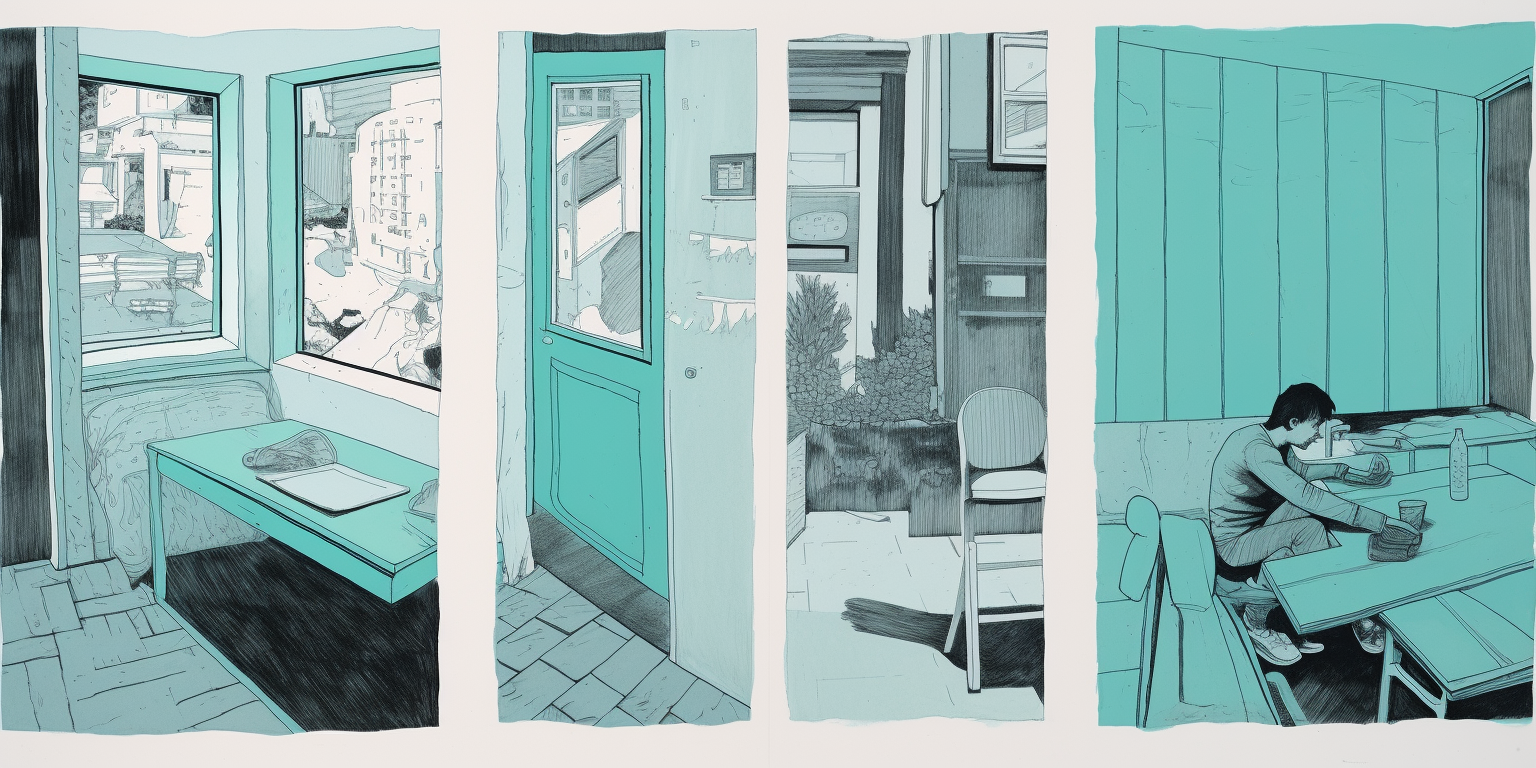Looking Backward

George Saunders, notable author of many short stories and one novel (so far), who teaches creative writing at Syracuse, has published one of his courses on story writing in the form of a book, A Swim in a Pond in the Rain. Saunders repeatedly discusses the importance of a story needing to build on what has come before, on what has already been established. "Looking Backward" is my term to relate a number of skills in pursuit of that goal. However, I've heard Dan O'Connor, founding artistic director of Impro Theatre, offer a similar image: "An improviser is like a person walking backwards. They don’t know where they’re going. They only know where they’ve been."
To make up a long story, and make it seem like you planned it the whole time, you don't need to worry too much about where it's going or what happens next. You need to focus on what's already happened. Then, if we simply do whatever seems like it might happen next, it'll seem pretty natural that it follows what just happened. And if we keep that up the whole time, it might seem like the whole dang story fits together seamlessly. If we're lucky.
Skills involved in "Looking Backward" include identifying and labeling types of offers, making mountains out of molehills (escalating things that were originally small), repeating and evolving story beats over time, building the sense of energy and tension in the story, progressing with a sense of efficiency and meaning, playing on audience expectations, and implying one or more themes.